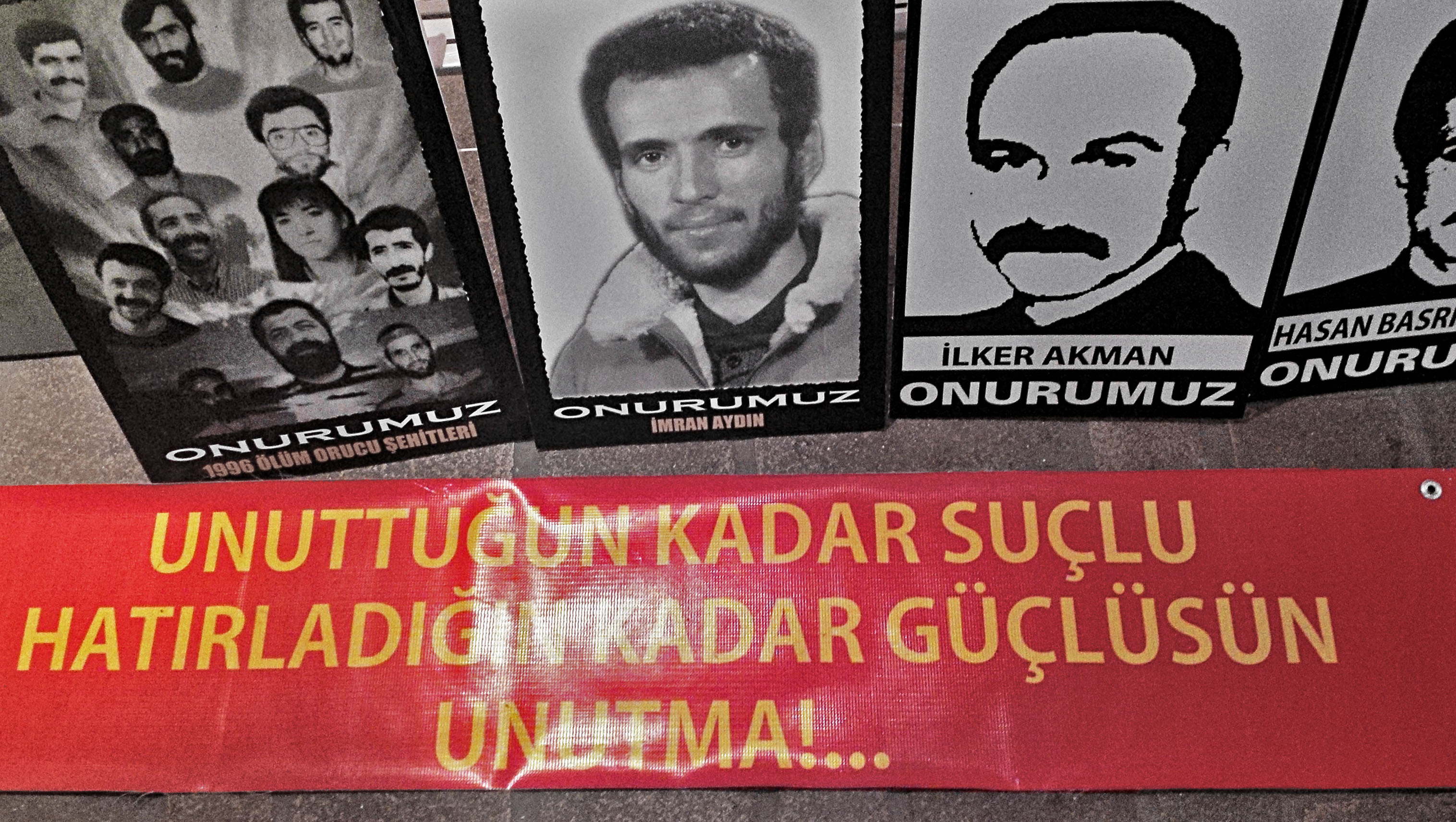Turkish Leftist revolutionaries were harshly oppressed following the 1980-1983 military coup, and their memories of political violence are today codified in collective commemorations, protests and political mythologies. Their autobiographical memories are nonetheless characterized by silence and secrets. What does silence imply? Is it in itself an expression of the violence and persecution they suffered? Is perhaps a sign of traumatic experiences? My aim is to shed light – through an analysis of life stories and practices of intergenerational memory transmission – on the relation between contemporary global memory frames (Transitional Justice, talk therapy and the paradigm of trauma), and local idioms, such as the one of martyrdom. My contribution is based on ethnographic fieldwork carried out in Istanbul between 2013-2015, and it seeks to develop a near-experience anthropology.
Since the dawn of the Turkish Republic, official history represents a form of power/knowledge utilized to promote national homogenization. Alternative versions of the past have been omitted not only from national history, but also from intergenerational transmission. Those at the margins of history production have thus resorted to memory as a practice of opposition, making it the battleground for political and identity claims. In this agonistic context, Leftist organizations still hold counter-hegemonic positions with respect to official history, but have also produced codified counter-memories through the narratives of the “revolutionary martyrs”. Embedded in such moral and political frames, the silence of former revolutionaries expresses the values of a specific moral economy; it also reveals a defence strategy and a way to convey embodied knowledge to second generations. I will show how, on the one hand, new global memory frames risks circumscribing the sufferance of Leftist revolutionaries within an intra-psychic interpretation, thus reducing people to victims and their silence to a symptom of trauma; on the other hand, such new memory frames can make room for a redefinition of the social boundaries of the mnemonic community. Drawing on second generations’ accounts of family histories, I will illustrate how new memory narratives can be seen as cultural codes that, in a global youth-scape, facilitate the construction of trans-historical identifications within and outside Turkey. They may lead to a de-politicization of the causes of sufferance, but they can also de-reify essentialized identity and political claims. In a historically over-politicized memory-field, indeed, they open up new spaces of agency and new processes of identification.
